Internet Justice, Philosophy of Law for the Virtual World
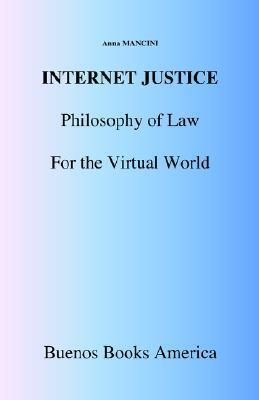
Summary
Our law and its philosophy were conceived for a material economic world marked by scarcity and territoriality. Without the criterion of territoriality, the dominant philosophies of law are left bankrupt. This is especially the case for KELSEN's Pure Theory of Law, in which the territoriality criterion is the cornerstone. Since the world of Internet is marked by abundance rather than scarcity, it has no territorial boundaries and it is not material, it is easy to understand that it cannot be efficiently managed according to our traditional legal and philosophical principles. On the Internet, even the Aristotelian concept of justice -which gives each his own and shares a limited amount of goods- is old hat. Although our law only recognizes this concept of justice and its nuances -as in RAWLS' Theory of Justice-, it is however impossible to apply this idea of justice efficiently in cyberspace. This book proposes a philosophy of justice suited to the virtual world and some legal principles that law-makers could apply to act efficiently and help the development of the Internet and the Information Society.
Similar Books
-
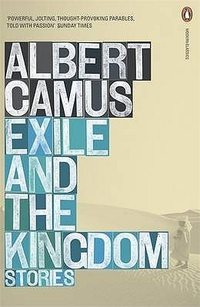 Exile and the Kingdom
Exile and the Kingdomby Albert Camus
-
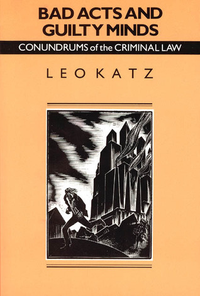
-
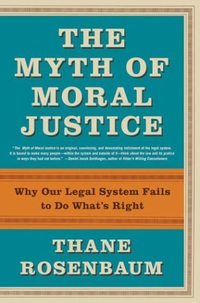 The Myth of Moral Justice: Why Our Legal System Fails to Do What's Right
The Myth of Moral Justice: Why Our Legal System Fails to Do What's Rightby Thane Rosenbaum
-
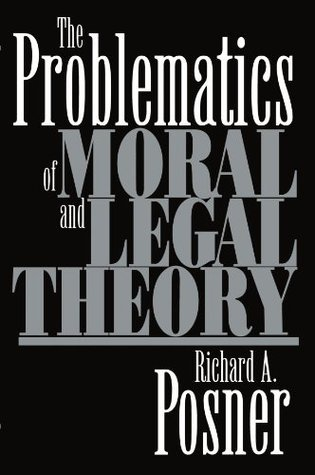 The Problematics of Moral and Legal Theory
The Problematics of Moral and Legal Theoryby Richard A. Posner
-
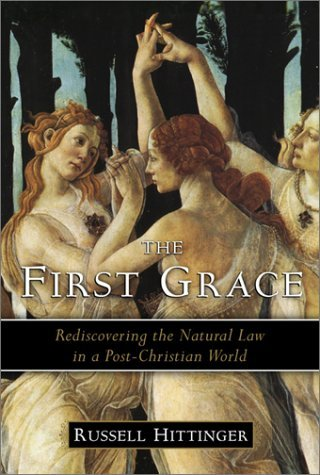 The First Grace: Rediscovering the Natural Law in the Post-Christian World
The First Grace: Rediscovering the Natural Law in the Post-Christian Worldby Russell Hittinger
-
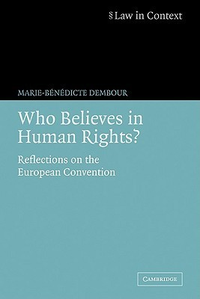 Who Believes in Human Rights?: Reflections on the European Convention
Who Believes in Human Rights?: Reflections on the European Conventionby Marie-Benedicte Dembour
-
 Japanese Law: An Economic Approach
Japanese Law: An Economic Approachby J. Mark Ramseyer
-
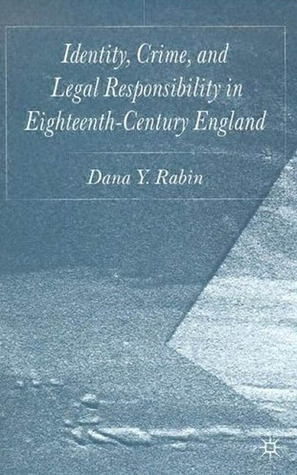
-
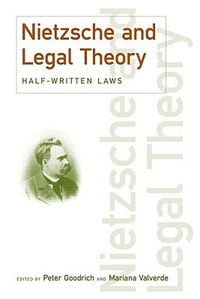 Nietzsche and Legal Theory
Nietzsche and Legal Theoryby Peter Goodrich
-

-
 On Trial: From Adam & Eve to O. J. Simpson
On Trial: From Adam & Eve to O. J. Simpsonby George Anastaplo author of Abraham Lincoln: A Constitutional Biography
-
 Society and Nature: A Sociological Inquiry
Society and Nature: A Sociological Inquiryby Hans Kelsen
-
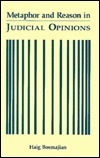 Metaphor and Reason in Judicial Opinions
Metaphor and Reason in Judicial Opinionsby Haig A. Bosmajian
-
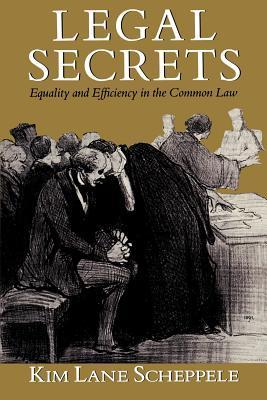 Legal Secrets: Equality and Efficiency in the Common Law
Legal Secrets: Equality and Efficiency in the Common Lawby Kim Lane Scheppele
-
 Charting Global Responsibilities
Charting Global Responsibilitiesby Kevin T. Jackson
-
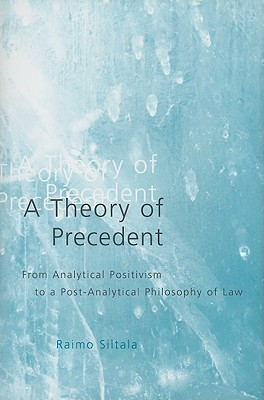
-
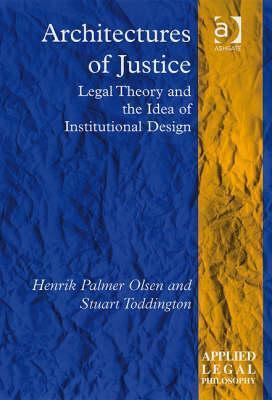 Architectures of Justice: Legal Theory and the Idea of Institutional Design
Architectures of Justice: Legal Theory and the Idea of Institutional Designby Henrik Palmer Olsen
-
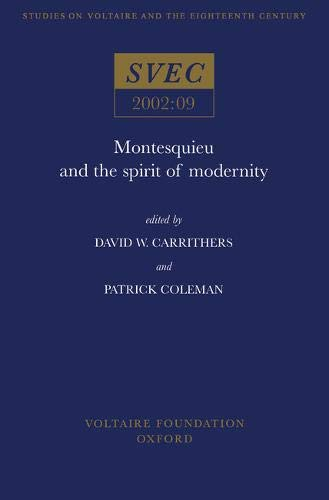 Montesquieu and the Spirit of Modernity (Oxford University Studies in the Enlightenment, 2002:09)
Montesquieu and the Spirit of Modernity (Oxford University Studies in the Enlightenment, 2002:09)by David W. Carrithers and Patrick Coleman
-
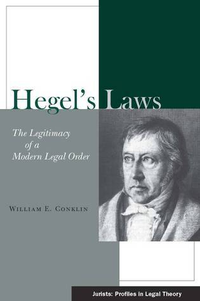 Hegel's Laws: The Legitimacy of a Modern Legal Order
Hegel's Laws: The Legitimacy of a Modern Legal Orderby William E. Conklin
-
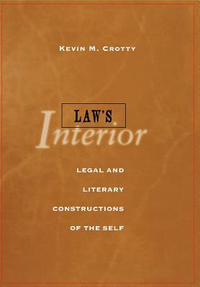 Law's Interior: Legal and Literary Constructions of the Self
Law's Interior: Legal and Literary Constructions of the Selfby Kevin M. Crotty
-
 Custom and Right
Custom and Rightby Paul Vinogradoff
-
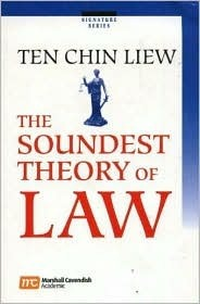 The Soundest Theory Of Law
The Soundest Theory Of Lawby C.L. Ten